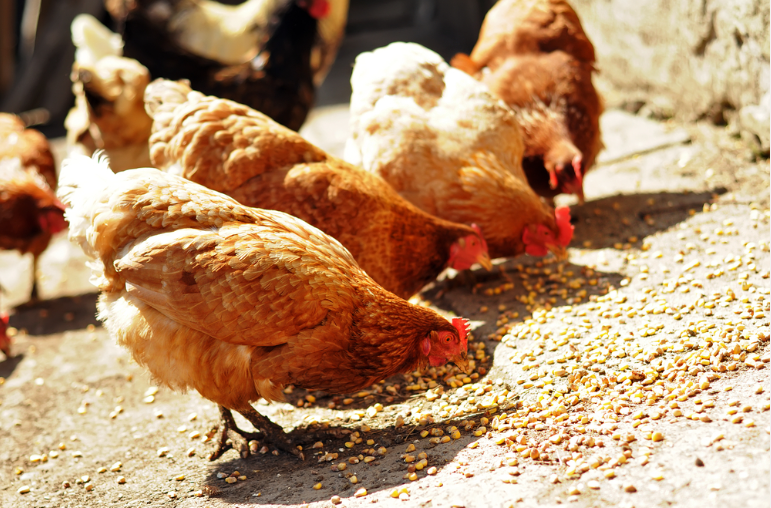Sustainability has become a major concern in the modern meat and poultry industry. With growing awareness about environmental issues, consumers are increasingly demanding eco-friendly and sustainable practices from food producers. As a result, many companies have started to implement sustainable practices in their meat and poultry processing methods.
In this article, we will explore the various sustainable practices being adopted by the meat and poultry industry and their potential impact on the environment.
Sustainable Animal Feed
One of the key aspects of sustainable meat and poultry processing is the use of sustainable animal feed. Traditional animal feed, such as soybeans and corn, are often grown using harmful pesticides and fertilizers which can have a negative impact on the environment and contribute to climate change. In contrast, sustainable animal feed is grown using organic and natural methods, reducing the use of chemicals and promoting biodiversity.
Moreover, sustainable animal feed also includes alternative protein sources such as algae or insects which require less land and resources to produce compared to traditional feed. This not only reduces the environmental impact but also contributes to more efficient and sustainable production methods.
Water Conservation
Water is a valuable resource and plays a crucial role in meat and poultry processing. However, traditional processing methods can consume large amounts of water, leading to the depletion of freshwater sources and pollution from wastewater discharge. To combat this, many companies are implementing water conservation measures such as recycling and reusing water, optimizing cleaning processes, and investing in new technologies to reduce water consumption.
Energy Efficiency
Another important aspect of sustainable meat and poultry processing is energy efficiency. Traditional processing methods often require a significant amount of energy, contributing to greenhouse gas emissions and climate change. To reduce their carbon footprint, many companies are implementing energy-saving measures such as using renewable energy sources, optimizing equipment and processes, and investing in new technologies that require less energy.
Waste Management
The meat and poultry industry also produces a significant amount of waste, including animal by-products and packaging materials. To reduce their environmental impact, many companies are implementing waste management practices such as composting, recycling, and using biodegradable or reusable packaging materials.
Moreover, some companies are also exploring ways to repurpose animal by-products for other industries such as biofuels or fertilizers, promoting circular economy practices and reducing waste.
Sustainable Packaging
The packaging used for meat and poultry products also has a significant impact on the environment. Traditional packaging materials, such as plastic and Styrofoam, are not biodegradable and contribute to pollution in landfills and oceans.
To address this issue, many companies are switching to sustainable packaging materials such as plant-based plastics or compostable materials. These materials have a lower environmental impact and can be easily disposed of without harming the environment.
Cleaning and Sanitation
Maintaining a clean and hygienic processing environment is essential in the meat and poultry industry to ensure food safety. However, traditional cleaning and sanitation methods often involve industrial chemicals that can be harmful to the environment.
To promote sustainability, companies are exploring alternative cleaning methods such as using steam or ozone treatments which use fewer chemicals and produce less waste. These methods not only reduce the environmental impact but also promote a safer working environment for employees.
Read Also: Blueprint to Reality: An In-depth Look at Building
Conclusion
In conclusion, the meat and poultry industry is making significant efforts to adopt more sustainable practices in their processing methods. From using sustainable animal feed and conserving water to promoting energy efficiency and waste management, these practices not only benefit the environment but also contribute to more efficient and cost-effective production processes. By continuing to prioritize sustainability, the industry can meet the growing demand for eco-friendly products and contribute to a healthier planet.
So let’s join the conversation and support sustainable practices in modern meat and poultry processing.

